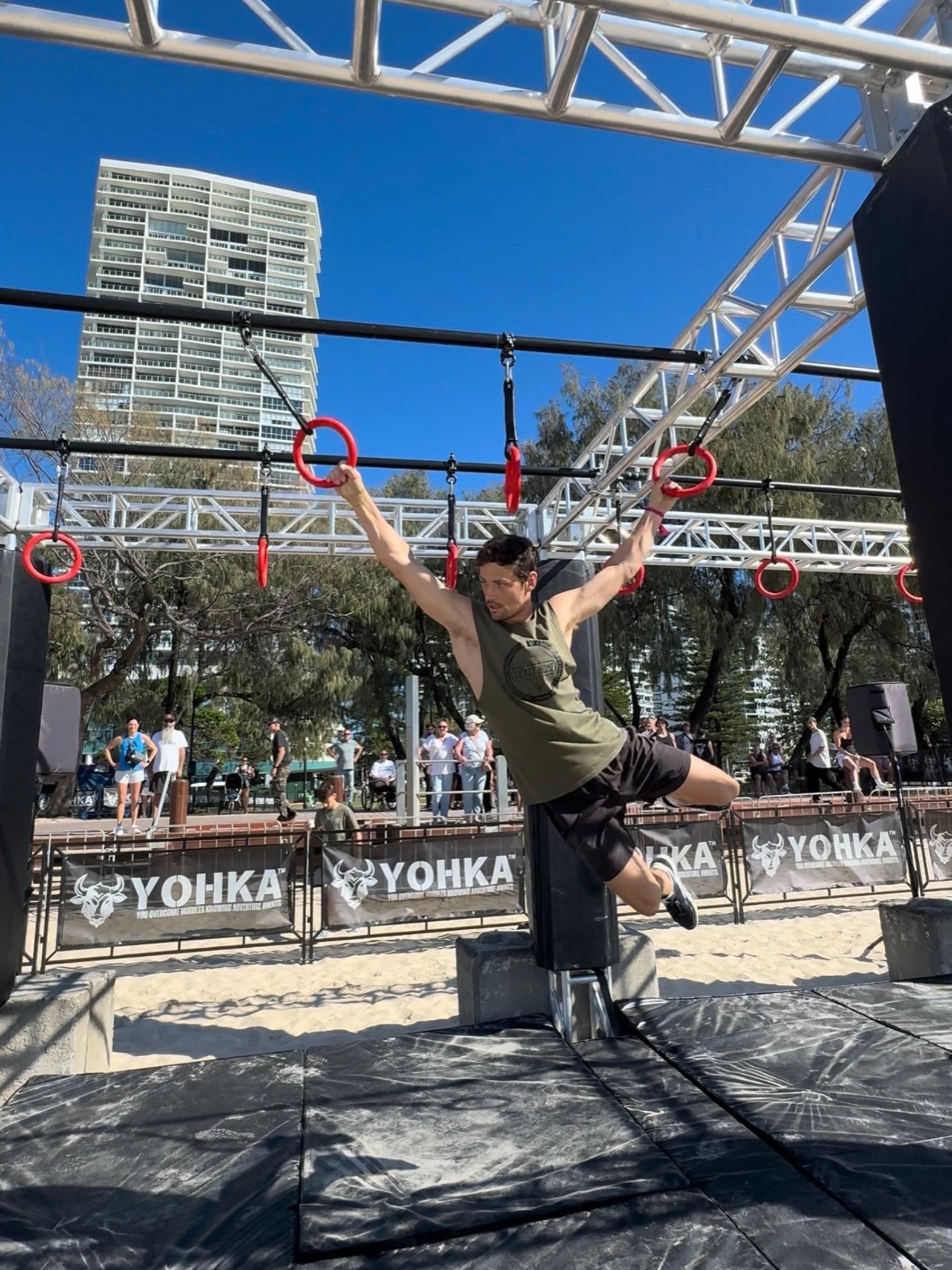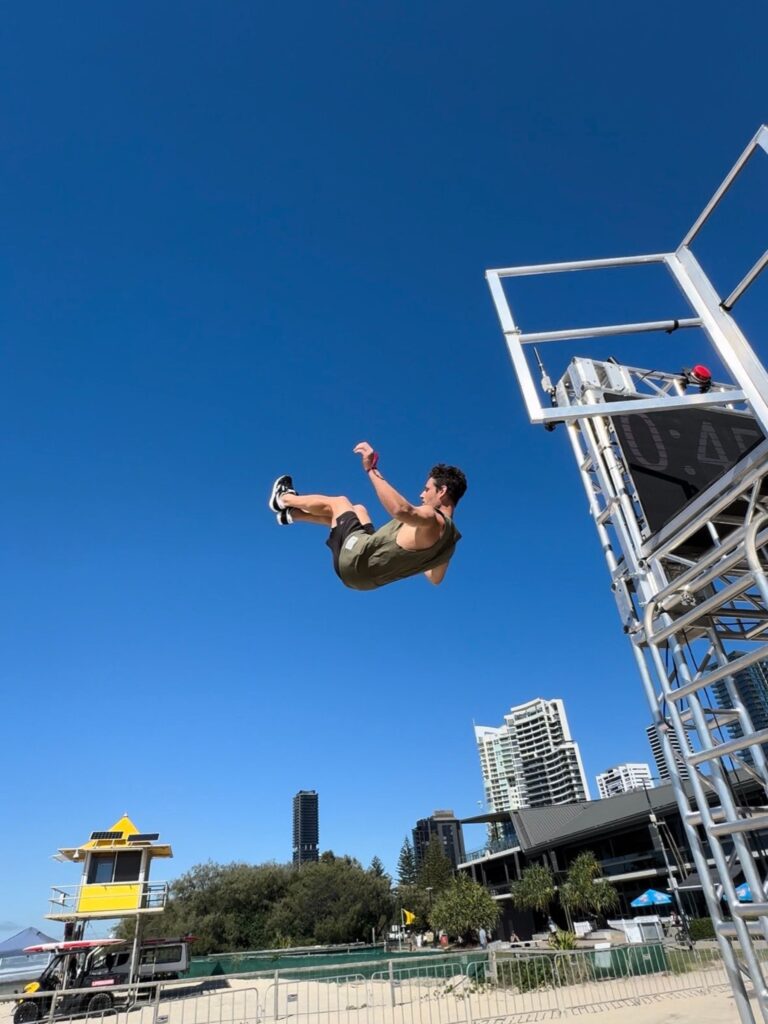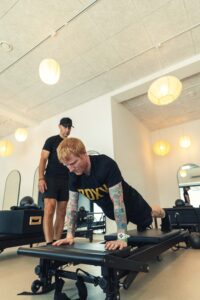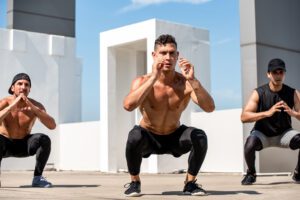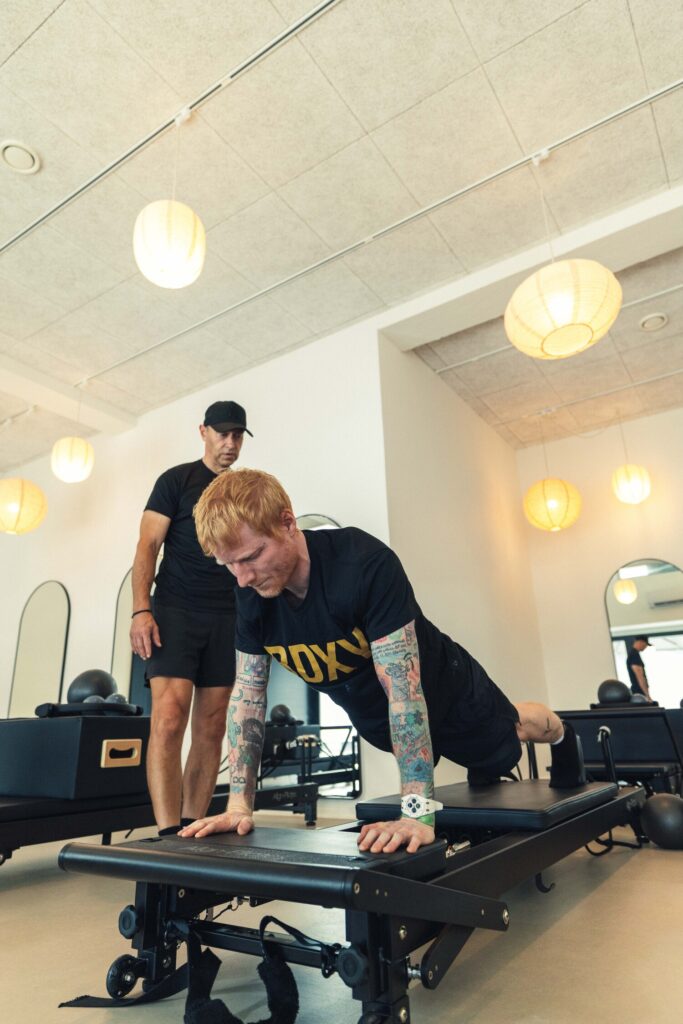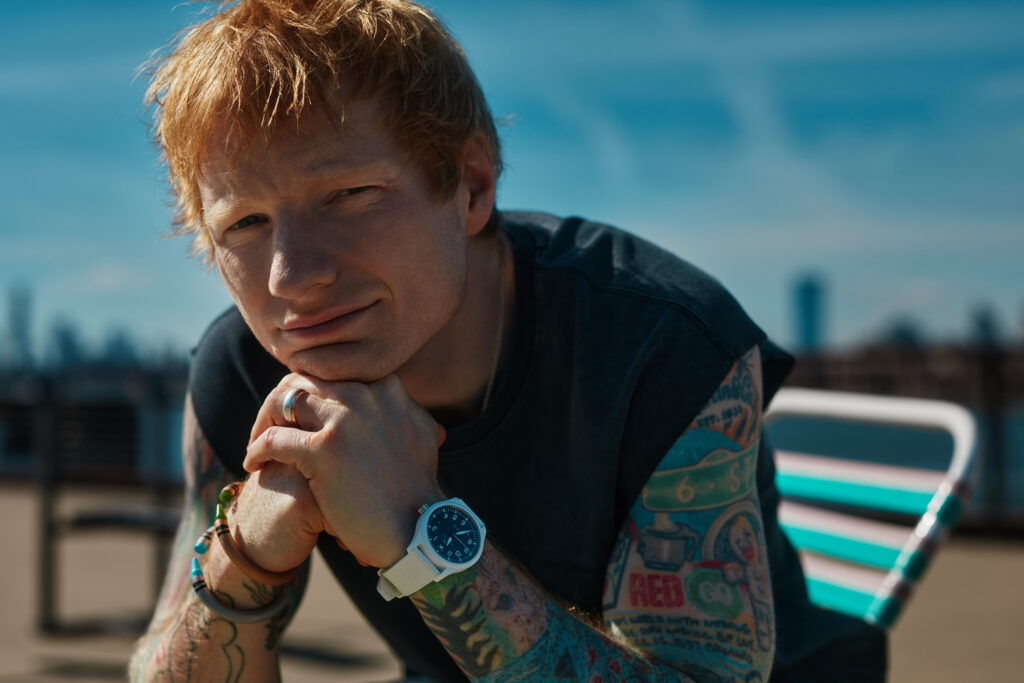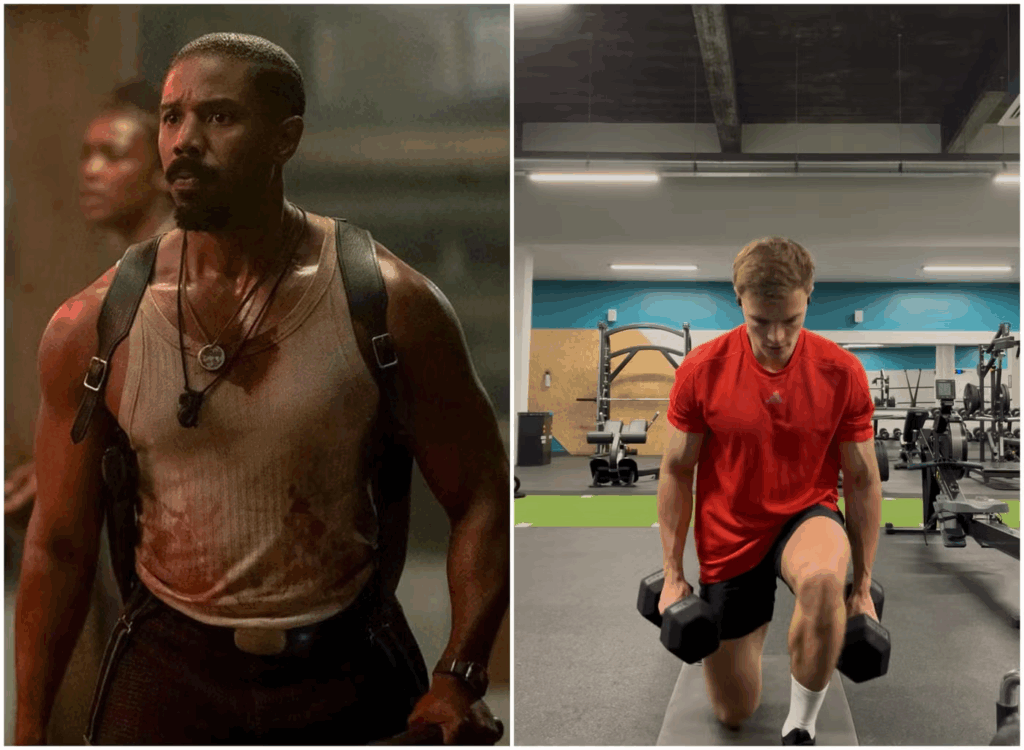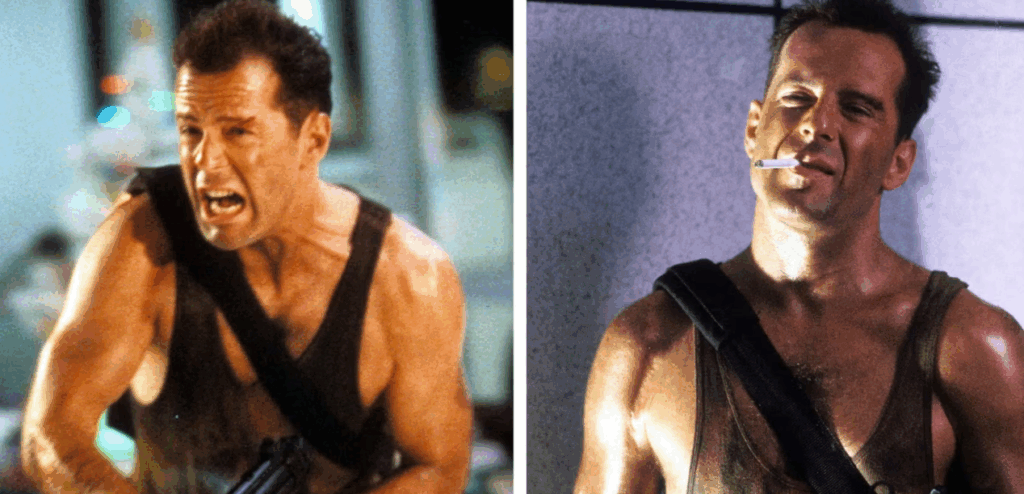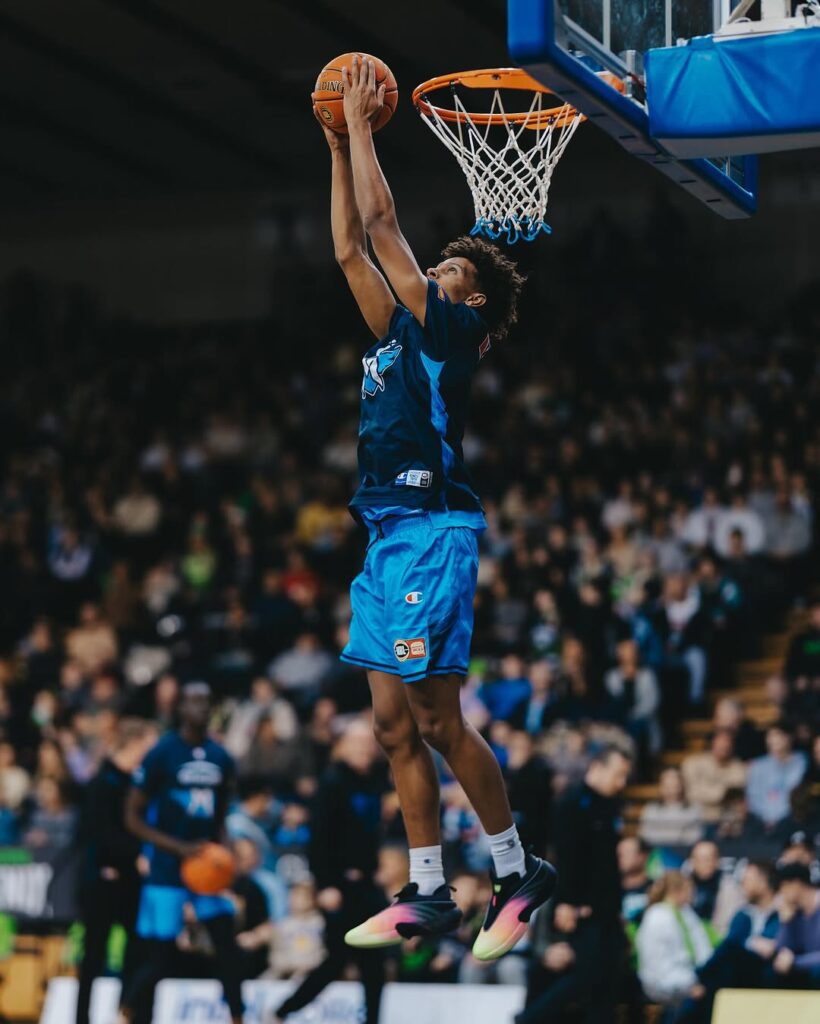MAJOR CHANGE IS coming to the embattled sport of modern pentathlon. Long considered one of those sports that only enters our brain space once every four years during the Olympics, the pentathlon has been the subject of controversy lately. The mistreatment of the horses used for the show jumping portion of the event has come to global attention. As a result, modern pentathlon’s governing body voted in 2021 to shakeup the sport’s format.
Beginning with the 2028 Olympics in Los Angeles, modern pentathlon will drop the show jumping segment in favour of an obstacle racing event. The specifics of the obstacle racing format haven’t been officially announced, but it is believed that the event will feature a series of head-to-head races over a 60-70 metre course with eight to ten obstacles.
For anyone who dreams of making a run at the Olympics, this development may present the best chance you’ll ever get, with every existing pentathlete being forced to adapt their skillset.
So, if you’re looking to get into obstacle racing, burgeoning event YOHKA could help you test your mettle. YOHKA consists of four disciplines – pursuit, stampede, classic and challenge. Stampede uses a similar format to the one expected to be adopted at the Olympics, pitting racers against each other over a 100-metre course with 12 obstacles. Events have already been held across Australia, with the next one taking place on the Gold Coast in August.
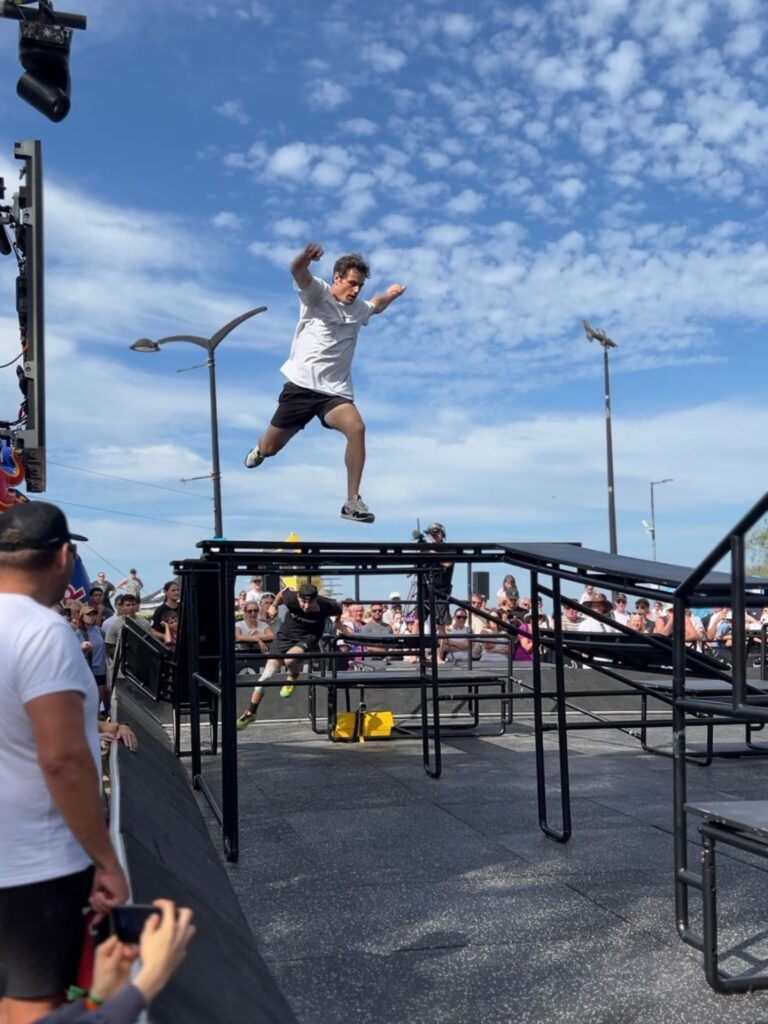
If anyone was ever built for obstacle racing, it’s parkour athlete Jesse Turner. He’s been training in parkour for more than 20 years, has stunt credits in films like Furiosa, Shang-Chi and the Legend of the Ten Rings and Suicide Squad, and has competed on Ninja Warrior and Ultimate Beastmaster. More recently, Turner tried his hand at YOHKA during the OCR 100m World Series.
“I actually prefer YOHKA over the other events I’ve done because it’s more in line with my parkour ability,” Turner tells Men’s Health. “It’s just about getting from point A to B in the most efficient way possible, which is really my specialty.”
While it does share similarities with parkour and look similar to what you might’ve seen on Ninja Warrior, obstacle racing does bring unique challenges, according to Turner. “In my experience, I’ve found it requires more agility and speed than other events. And some of the strength movements are really unique, but speed is the most important thing,” he says. “The racing aspect also adds another element to it. You have another competitor running alongside you, so the pressure’s on.”
Turner doesn’t rule out making a run at the 2028 Olympics, although he concedes he would need to improve his running, swimming, shooting and fencing to have a chance at a pentathlon medal. He has obstacle racing down pat, though, thanks to years of training and conditioning in parkour.
“It really is a combination of strength, cardio and agility,” he says. “I do a lot of running to build my endurance, I do a lot of climbing, and my parkour background goes back to 2004, so I’ve been doing this stuff for a long time. I practise climbing and parkour pretty much every day.”
Being able to absorb impact in the case of a fall is a big part of mastering parkour and obstacle racing. It’s not something you’ll be able to pick up straight away, Turner says, but rather something that builds over time. “Over the years I’ve conditioned myself to be able to take a lot more impact. You don’t just go throwing yourself off a building in parkour, you need to build yourself from the ground up and start with the fundamentals,” he says. “Perfecting your shoulder rolls is the big secret. If you can get that right, it takes off about 60 per cent of the impact.”
So, there you have it. If you have your eye on making the Olympic team for LA 2028, work on your strength, cardio, agility and impact absorption to have a chance. Don’t forget that you’ll also need to be a decent runner, swimmer, shooter and fencer to have a shot at the pentathlon, but those skills can come later.




